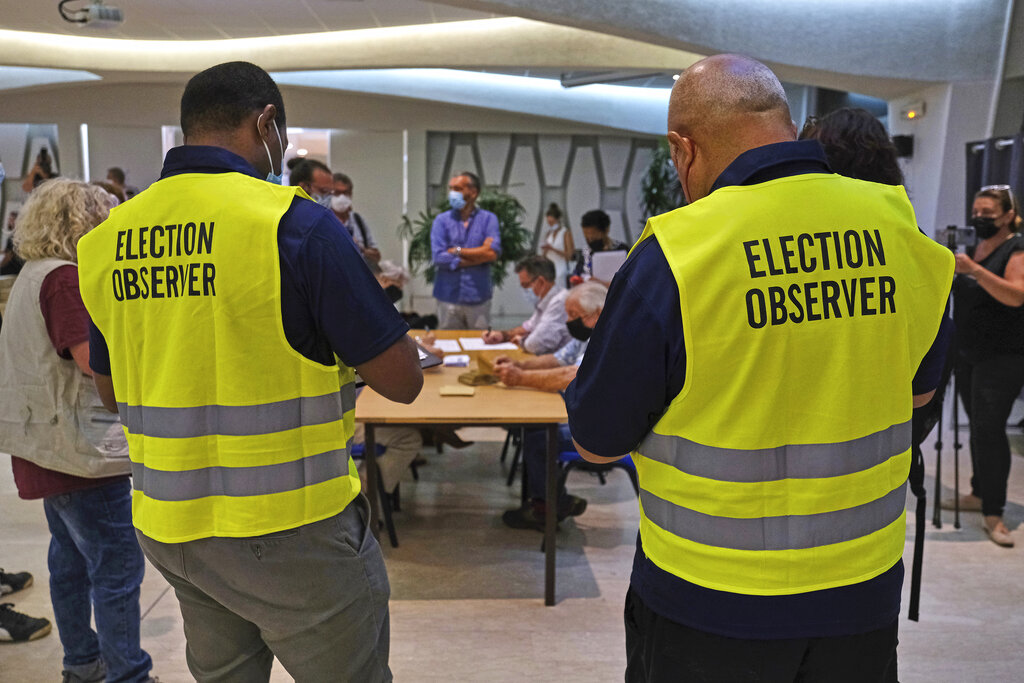In the third and final referendum, more than 96 percent of voters voted against the independence of New Caledonia. However, this is largely due to the fact that the indigenous kanak, at the call of their community leaders, abstained from the referendum, leaving turnout at just over 40 percent.
New Caledonia became a French colony in 1853 and enjoys a high degree of independence under the 1998 Noumea Agreement, giving it the status of an overseas territory of France. Under the agreement, a referendum on independence could be held three times, always on the condition that at least one-third of the legislature support a new vote.
The first referendum was held in in 2018, the second in October last year, and now the third.
In the first, 56.4 percent refused to become independent, in the second, only 53.3 percent.
Complicating the situation now is that the leaders of the kanak have asked members of the community not to vote because the community is still mourning its members who died in the coronavirus epidemic. The delta variant of the virus suddenly claimed many lives in September, especially among the males, so the natives proclaimed a year of mourning.
French President Emmanuel Macron has previously stated that whatever the outcome, it must be accepted by all. Nevertheless, New Caledonia is the pivotal element in President Emmanuel Macron’s plan to increase his country’s influence in the Pacific.
During colonial rule, the kanak were forced into reservations and virtually excluded from island affairs, against which they first revolted in 1878, shortly after a huge nickel deposit was discovered on the archipelago. Nickel extraction is now carried out by a French company.
The archipelago in the south Pacific has a population of 271,000, which is similar to Orléans, the 23rd most populous French city. The territory has two seats each in the French Senate and National Assembly.






